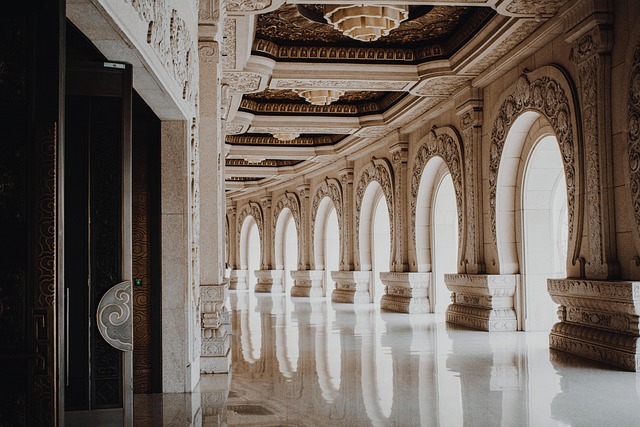History is often perceived as a linear sequence of events, a collection of dates and facts recorded in textbooks. Yet, when we approach history through the lens of phenomenology, we begin to understand it as something far more profound—a dynamic interplay between memory, consciousness, and lived experience.
Phenomenology invites us to step beyond the surface of historical narratives and immerse ourselves in the very act of experiencing history. Rather than seeing history as an external, objective reality, this approach asks us to consider how history is constituted in our consciousness. How does the past reveal itself to us? How do our memories, emotions, and perceptions shape the way we engage with the historical world?
When we reflect on history phenomenologically, it ceases to be a distant, cold archive. It transforms into a vivid tapestry woven from human experiences—joy, sorrow, struggle, and triumph—all accessible through the empathic imagination. This resonates deeply with anyone who has felt an inexplicable connection to a past event or era, sensing that history is not just something that happened to others, but something that continues to live within the fabric of our very being.
Consider the way we recall stories from our own family histories or how cultural traditions evoke a powerful sense of belonging. These experiences are not mere recollections; they are lived events that persist in our consciousness, colored by the emotions and meanings we’ve attached to them over time. Phenomenology of history encourages us to embrace this subjective richness, recognizing that history is not solely about objective facts but about the human experience of time and existence.
Engaging with history through consciousness opens new paths of understanding. It challenges us to confront our assumptions, question dominant narratives, and appreciate the multiplicity of perspectives that constitute our shared past. In doing so, we foster a deeper appreciation not only of history itself but of our role as active participants in the ongoing story of humanity.
Ultimately, the phenomenology of history calls us to experience the past not as a distant spectator but as a conscious being intertwined with the continuum of time—a reminder that the past is always living within us, shaping who we are today.




